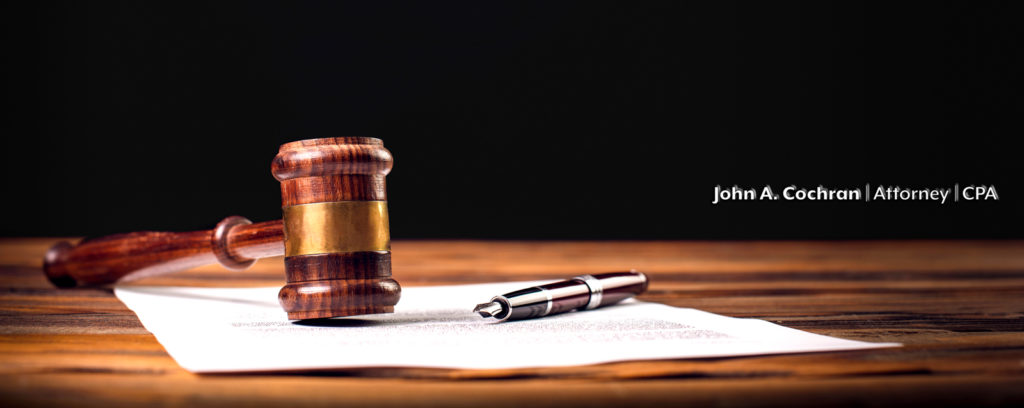
If you are executor of a will or one of its named beneficiaries, you may think that once debts are settled, property is disbursed and the estate is closed, that’s the end. For the most part, this is true; however, occasionally a surprise disclosure pops up after the fact. This generally takes the form of a newly discovered insurance policy, bank account or other asset of value that was not initially accounted for.
If the discovery happens within one year of the closing statement, the personal representative has authority to act without being reappointed. However, if the closing statement was filed more than a year prior to the discovery, then anyone with a vested interest can petition the court to reopen a previously administered estate. Usually, the court may appoint the same personal representative to administer the subsequently discovered estate.
Not every asset discovery requires the estate to be reopened. For example, insurance policies name at least one beneficiary. Assets with titles will list the owner(s). If more than one owner is listed on a title, that person would become the full owner of asset. If an asset does not have a title or a named beneficiary, then it would need to be collected for the estate.
It’s also not entirely unheard of for a new debtor to file a claim against the estate; however, these should be carefully reviewed by an experienced probate attorney because during the normal administrative process, the personal representative has provided notice to known creditors and posted public notice of the estate. Creditors have a finite period of time to respond. If they do not respond in time, they can be barred from collecting on the debt. Unfortunately, late responses are often fraudulent claims.
If you are a personal representative or beneficiary of a closed estate and have recently learned of a new asset or debt related to the deceased’s estate, speak to an expert who is knowledgeable in probate law before determining what to do. Every new disclosure should be thoroughly analyzed for the most efficient way of addressing it.
With more than 35 years of experience in probating wills, our offices can help! Contact us at 724-216-5180 or use our online form to discuss your options.

No comment yet, add your voice below!